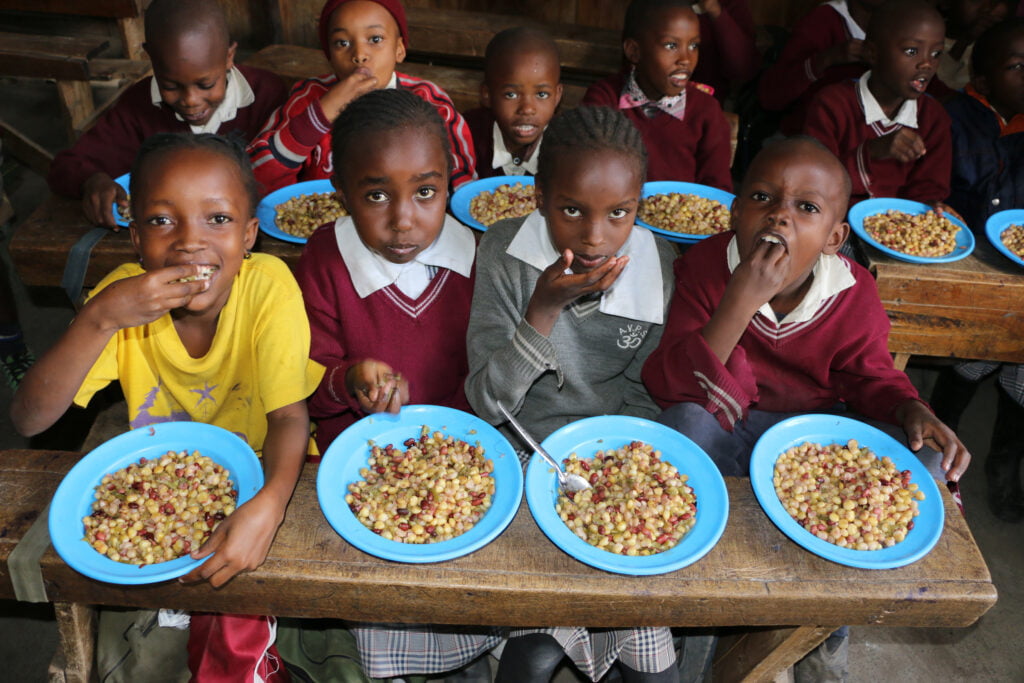Pupils in Nairobi public schools went without lunch on the first day of Governor Johnson Sakaja’s school feeding programme.
The Dishi na County programme, launched by Sakaja in partnership with the Kenyan and French governments, sought to provide free lunch to all pupils in public schools in the city.
The pupils had been asked to pay Sh5 every day for the lunch to sustain the programme, but on Monday it failed to kick off as initially promised.
After paying the required amount, pupils reported to school on Monday without carrying lunch, but Sakaja did not keep his end of the bargain.
As of the publication of this post, the county government has not given any communication on why they did not deliver the food.
Efforts to contact the governor’s office concerning the matter have been unsuccessful.
The failure of the programme comes two days after Sakaja listed the initiative as one of his legacy projects as the top county administrator.
“We have built 10 kitchens to feed 250,000 children, and some 88,000 children are on-boarded already,” he stated after he was ranked as the worst-performing governor.
Sakaja claimed to have used Sh1.2 billion to fund the project, which will see the food cooked at central points and distributed to various schools.
The governor explained that the kitchens would be tasked with cooking nutritious meals that would be transported to schools using sealed containers and special vehicles.
“Each kitchen is expected to produce about 10,000 nutritional meals daily,” Sakaja promised parents.
We are yet to understand any of the 10 kitchens that have already been constructed prepared any food on Monday.
With no communication from the governor, parents are wondering whether to pack food for their children on Tuesday and what will happen to the money they had already paid.
